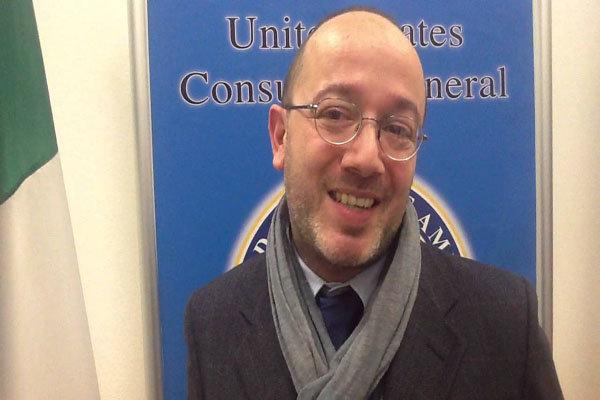Slower growth, inflation, inequality concerning EU
War in Ukraine and subsequently US and EU sanctions against Russia, which EU’s economy is heavily dependent on its energy, has not only affected Russia’s economy considerably but also the EU’s.
Significant effects in Europe, with energy and other prices rising and probably set to continue to do so have been seen till now. Many inside the EU believe that the future of their security and democracies depends on the ongoing war. The price to pay is very high.
To get familiar with the economic consequences of the war and sanctions on the EU, we reached out to political science associate professor of Milan Catholic University of the Sacred Heart, Dr. Pastori Gianluca and discussed the issue with him in an interview.
Here is the full text of the interview:
Don’t you think that so many sanctions against Russia are counterproductive? If yes, what have been the negative impacts of them on the EU’s economy so far?
In quantitative terms, the sanctions’ impact is still difficult to assess. However, they clearly affected growth and inflation, two critical elements for the EU countries today and their public opinions. War and sanctions also affected food supply and the import of several raw materials. However, the most vital sector remains energy, especially natural gas: this is why opinion diverges – among the different EU governments -- on the opportunity to target this sector.
What can be the long-term consequences of this war on the EU’s economy, especially on its big economies like Germany’s?
Again, the main long-term consequences will be slower growth and higher inflation. Both are very sensitive issues for European public opinion and are already a source of concern, especially in countries like Italy. In the long term, sanctions could also increase inequality among the EU members since their adverse effects will not spread evenly. From a political perspective, it is potentially dangerous since greater imbalances can weaken the Union’s cohesion.
EU’s economy has already been suffering from the consequences of the pandemic. Will it be able to tolerate another blow?
When the war began, the EU economy was on the way to full recovery from the adverse effects of the COVID-19 pandemic, although some concerns remained regarding rising inflation and supply chain bottlenecks. Sanctions had negative impacts on this situation, but the system is resilient. Probably, the recovery will be slower than expected, but I don’t think the blow will be really severe.
Some believe that sanctioning Russia’s oil and gas by the EU will be shooting at its own foot and in long term, this can weaken the Union’s economy so that it may lose its economic competitiveness. What do you think of this?
Oil and gas are critical issues. The dependency of several EU countries, especially on Russian gas imports, is why the Union has not sanctioned the sector yet. Brussels is developing strategies to overcome this state of things, but they will take time to be implemented. In the meantime, I don’t think that Russian gas will be sanctioned, contrary to what will happen to coal since August.
Interview by Payman Yazdani
News source: Mehr News ![]()
Related news: Slower growth, inflation, inequality concerning EU
Copyright © 2001-2024 - Sarkhat.com - About Sarkhat - News Archive - جدول لیگ برتر ایران

